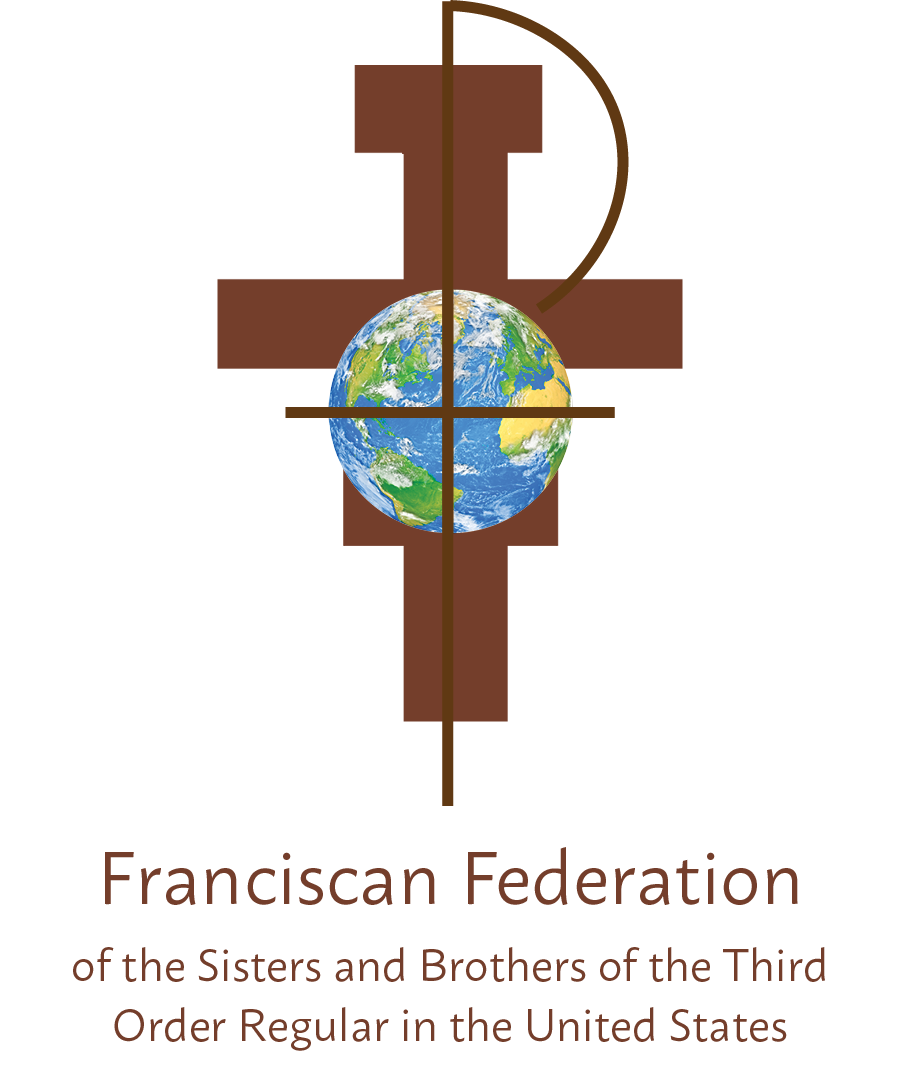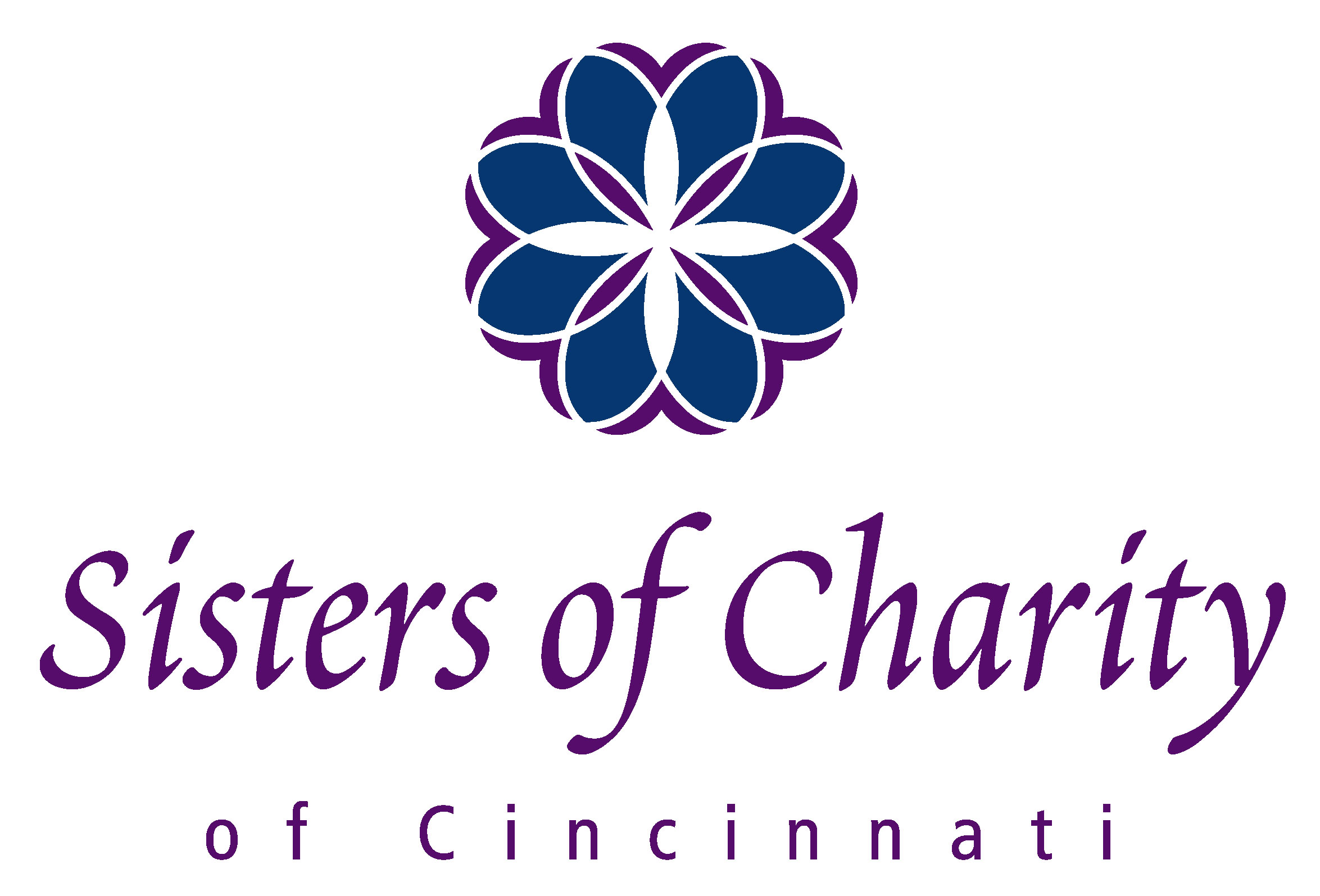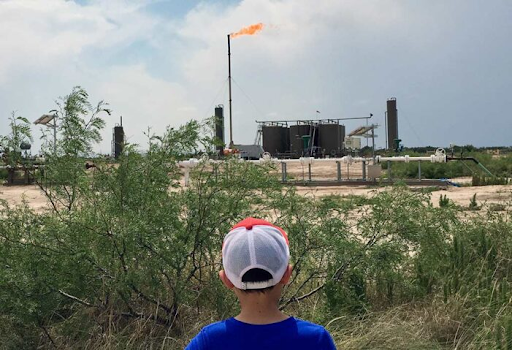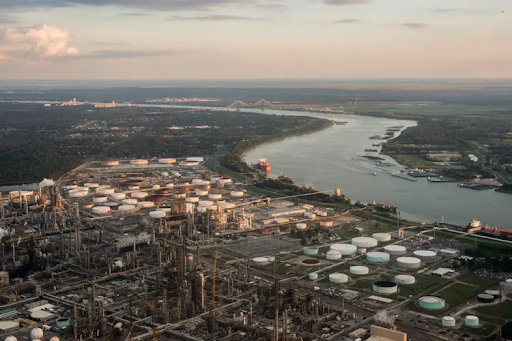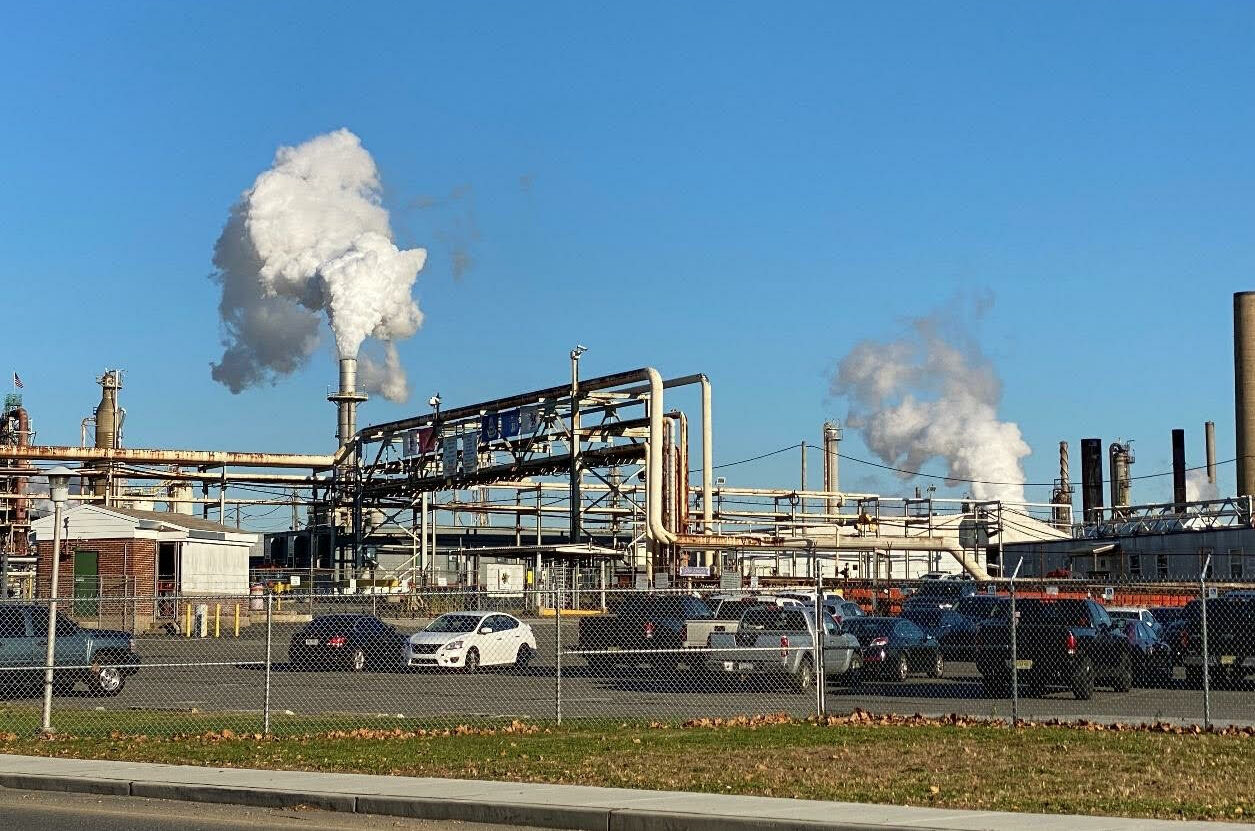Past Environmental Justice Webinars
This website houses the Franciscan Action Network’s past environmental justice webinar series. Each series, since 2022, features prominent cases of environmental injustice with speakers from the affected communities and local advocates. This fall 2025, FAN will again provide a webinar series on the “right to a healthy environment” with focus on the Green Amendments Movement. Questions? Please contact Nora Collins (ncollins@franciscanaction.org).
“Environmental Racism in Diverse Regions in the United States” (Fall 2024)
“Awakening to Environmental Justice” (Spring 2024)
“Working for Environmental Justice” (2023)
“Confronting Environmental Racism” (2022)
“Environmental Racism in Diverse Regions in the U.S.” (Fall 2024)
“Environmental Racism in Diverse Regions in the United States” is a 3-part webinar series each of which includes a briefing on the issue, a discussion of the impact on people most directly affected, and proposed advocacy actions.
Richmond, VA: Urban Heat Island Effect (January 2025)

Cicero, IL: Underwater and Under Pressure (November 2024)

Oak Flat, AZ: Protect Oak Flat: Preserving a Sacred Site in Arizona from Mining (September 2024)
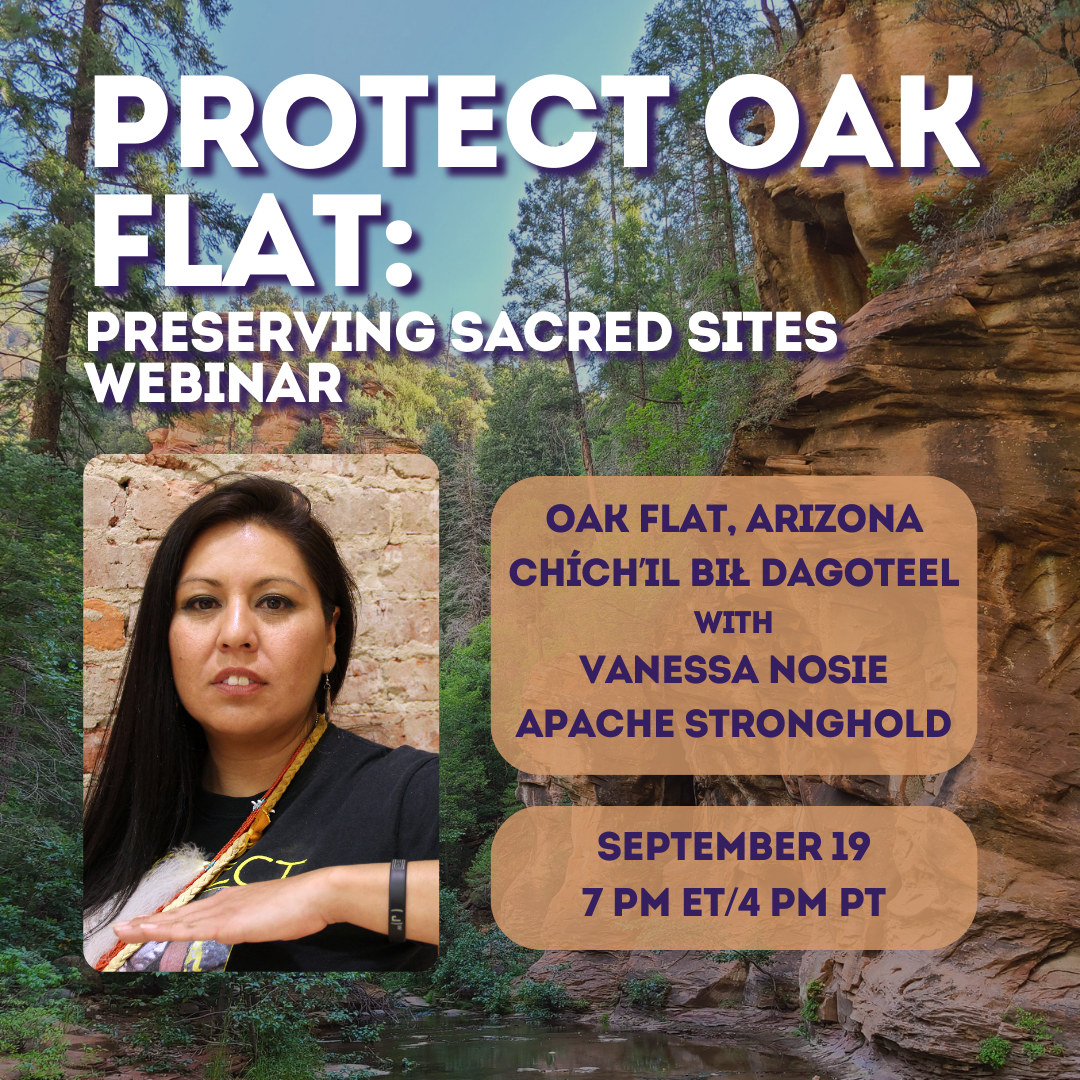
“Awakening to Environmental Justice” (Spring 2024)
“Awakening to Environmental Justice” is a 2-part skills-building workshop series which profiles the skills needed to research local cases of environmental injustice and to respectfully engage with local activists. PART 1 focuses on building online research skills using a demographic tool, the Opportunity Atlas, an EPA environmental justice screening tool, and simple google searches. PART 2 focuses on how to reach out to community activists in a respectful manner of solidarity, which features Carolyn Townes, OFS, as a speaker.
Part 1: Tools for Researching Instances of Env. Injustice in Your Community
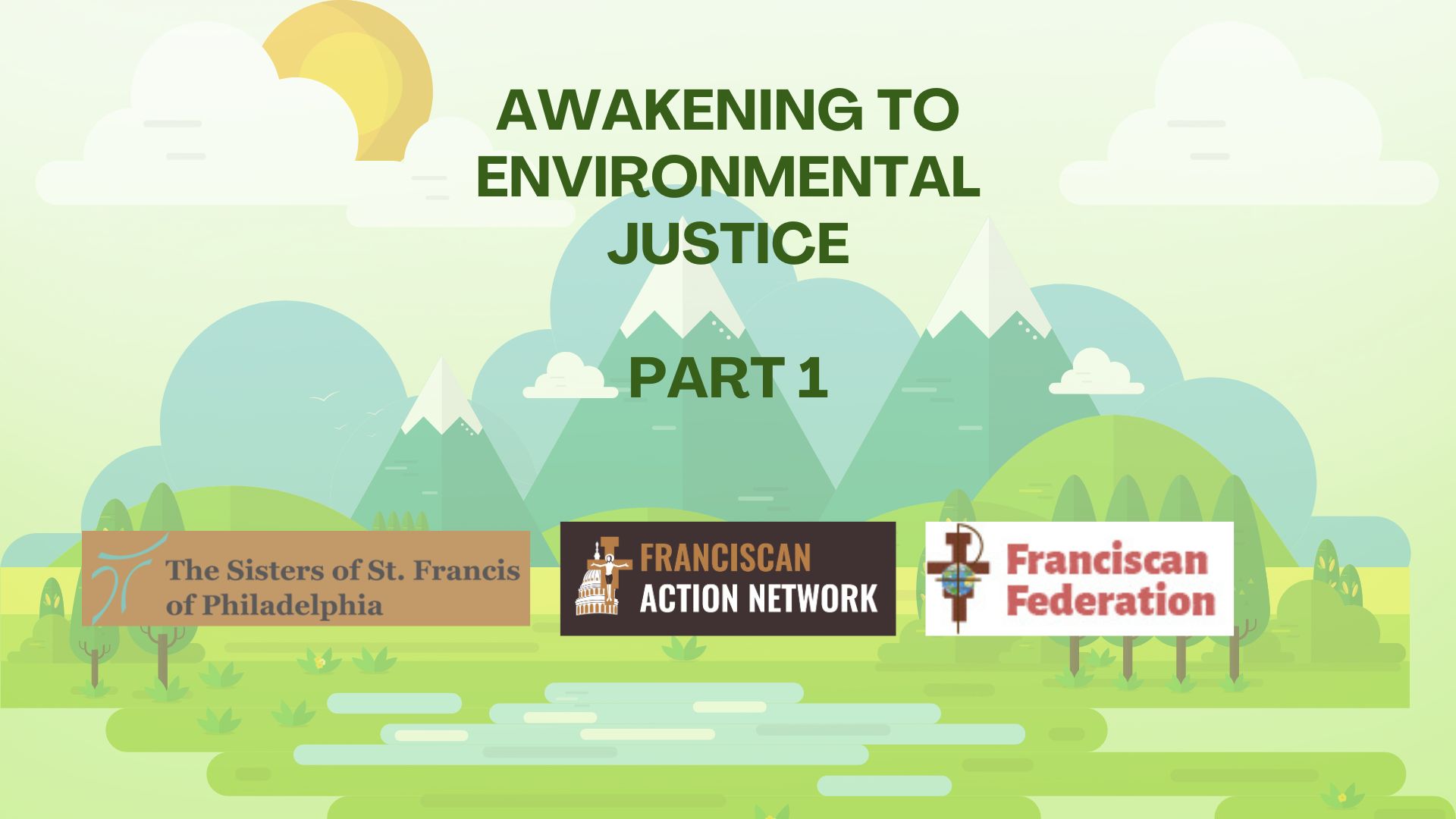
Part 2: How to Reach Out to Community Advocates in a Respectful Manner of Solidarity
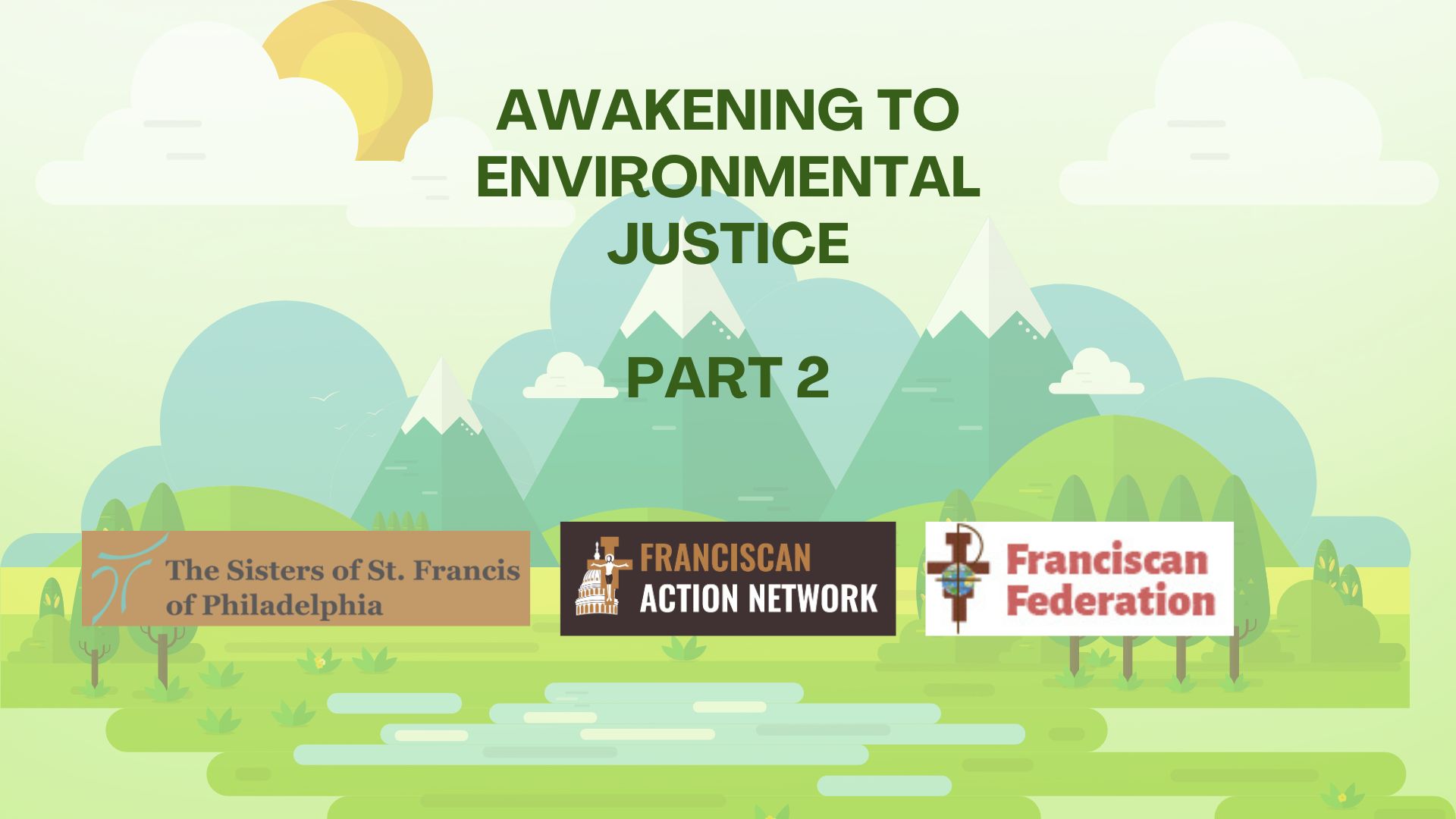
“Working for Environmental Justice” (2023)
“Working for Environmental Justice,” is a 3-part webinar series which highlights the affected communities and local advocates in three regions in the United State – the Permian Basin and Chaco Canyon in New Mexico (Interfaith Power and Light), St. James, Louisiana (Rise St. James), and Chester, Pennsylvania (Chester Residents Concerned for Quality Living and Campus Coalition Concerning Chester) – as case studies of ongoing environmental injustice. Based on the guidance of the affected speakers and activist organizations, the series also points to impactful advocacy opportunities at the national, state, and local levels (including two national environmental justice bills: the Environmental Justice for All Act and the Justice for Black Farmers Act).
“Confronting Environmental Racism” (2022)
“Confronting Environmental Racism” is a 4-part educational webinar series with focus on three short documentaries produced by Hip Hop Caucus called “Big Oil’s Last Lifeline.” The oil, gas and petrochemical industry have long placed their facilities in areas inhabited by Black, Brown, Indigenous, or poor communities deemed “sacrifice zones.” During the first three of the four webinars, participants watch one of the 20-minute long documentaries and hear from a speaker in one of the “sacrifice zones” in the U.S. – Houston, Louisiana, and West Virginia. The fourth webinar explores advocacy options with experienced activists. As Franciscans, we are called to stand with communities on the front lines of this environmental racism.
September 8: Houston, Texas
Speaker: Yvette Arellano

October 13: New Orleans, Louisiana
Speaker: Jo Banner
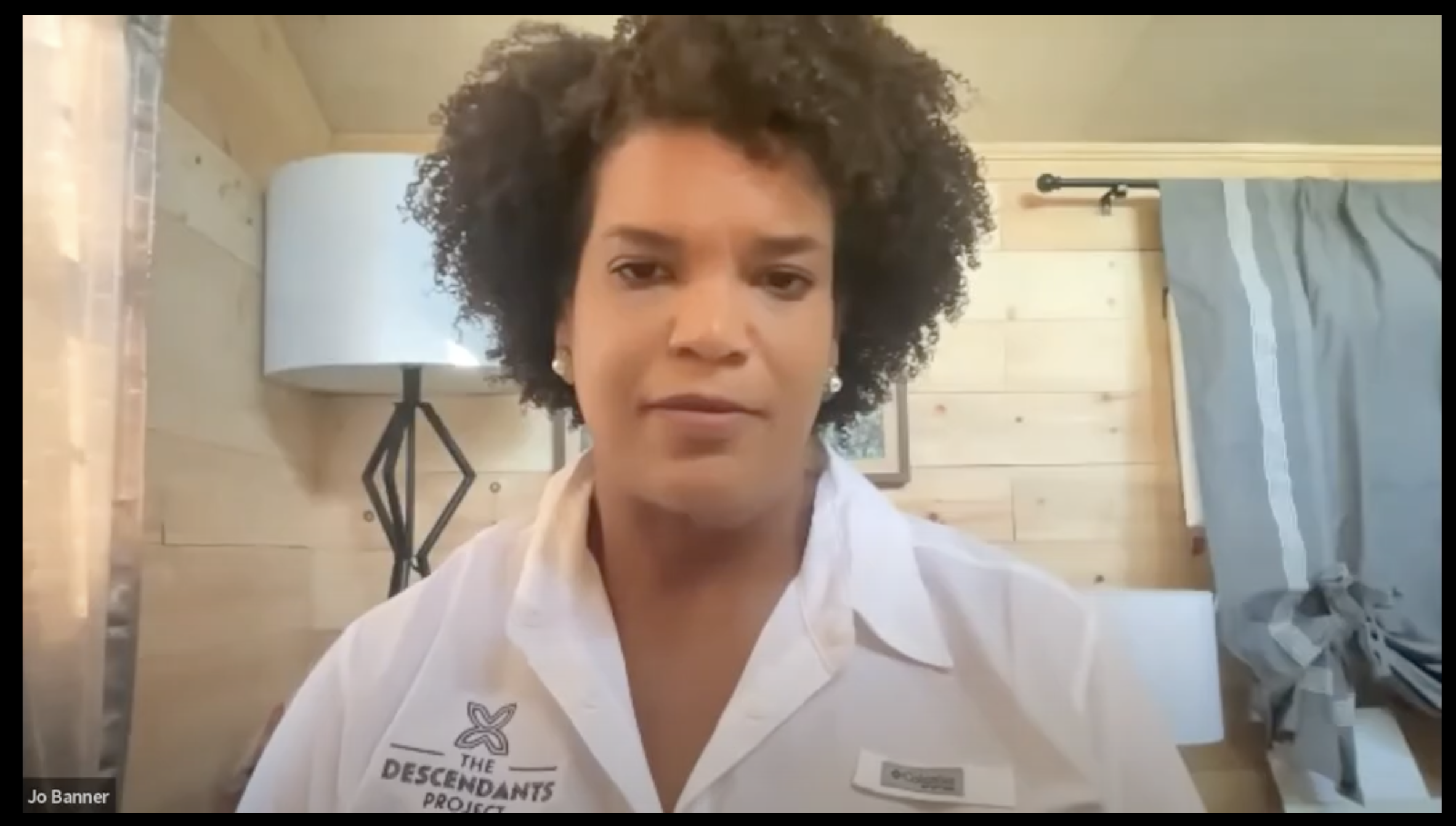
November 10: West Virginia
Speakers: Dustin White & Kathy Ferguson
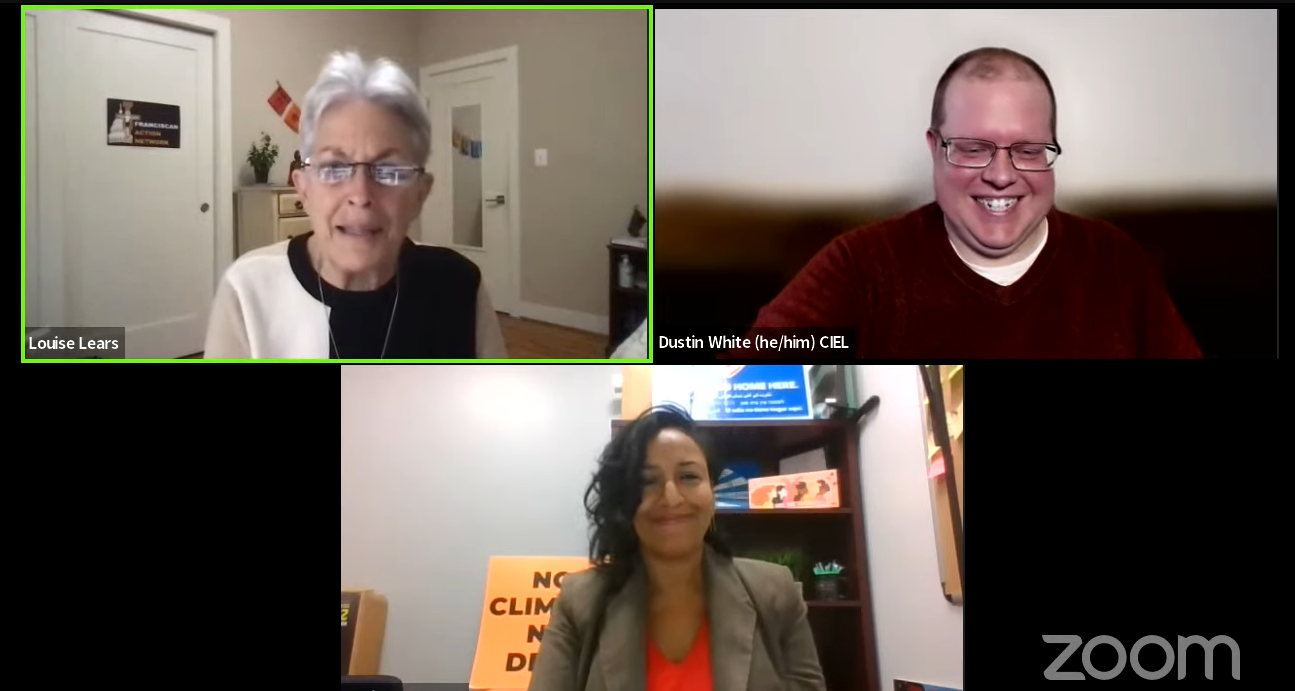
December 8: Advocacy Discussion
Speakers: Rev. Lennox Yearwood, Mr. Clarence Edwards, & Sr. Nora Nash, OSF
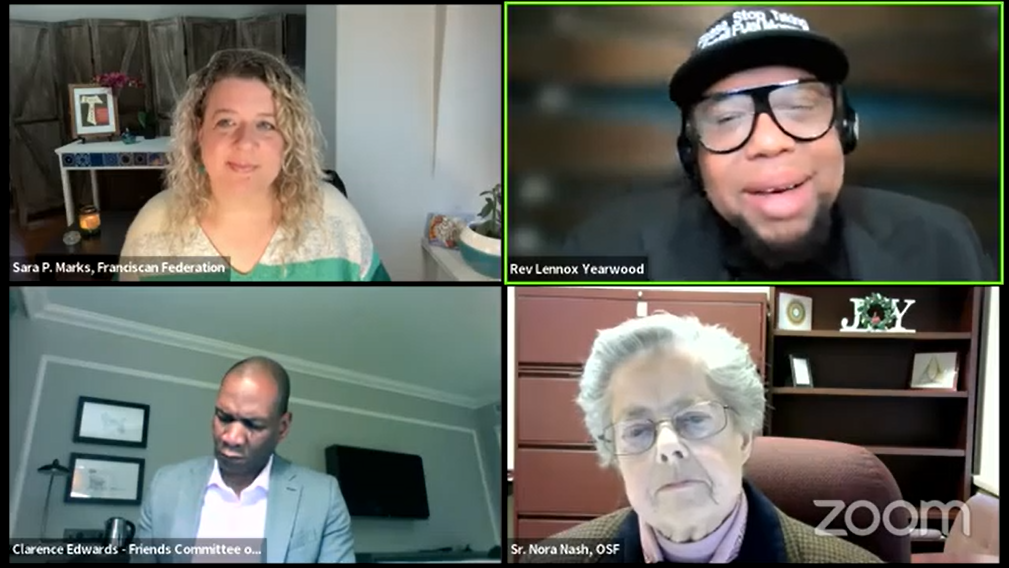
Thank you to our sponsors
The “Working for Environmental Justice” campaign is a continuation of FAN’s collaboration with the Franciscan Federation, the Sisters of Charity of Cincinnatiand the Sisters of St. Francis of Philadelphia, advocating with people and communities disproportionately and negatively affected by environmental degradation and climate change.
